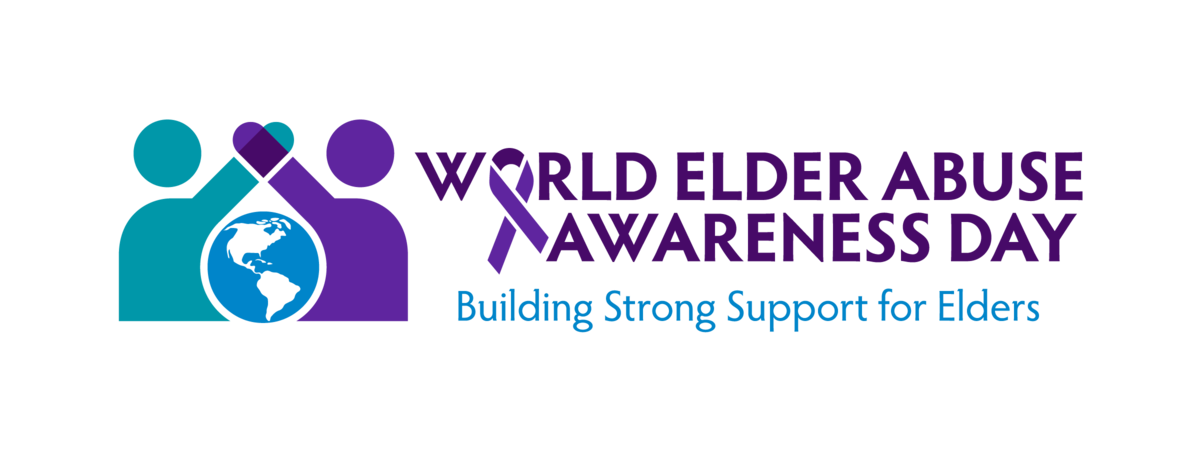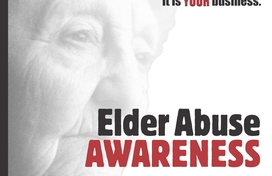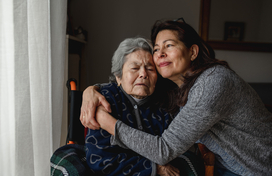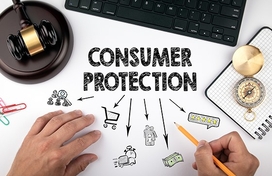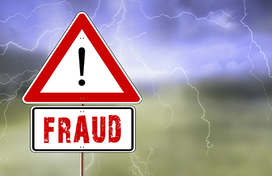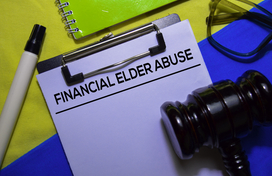Elder Abuse Prevention & Awareness
Elder abuse can happen anywhere - at home, in assisted living facilities, or in hospitals. According to the World Health Organization, nearly one in six older adults worldwide experience some form of abuse. In the United States, the National Council on Aging reports that about 10% of Americans aged 60 and older have experienced some form of elder abuse. It's not just the numbers that are alarming; it's also the impact. Elder abuse can lead to serious physical injuries, emotional trauma, financial loss, and a decline in overall well-being.
Many cases of elder abuse go unreported, often because victims feel ashamed or fear retaliation. Raising awareness about elder abuse and advocating for the rights and safety of older adults is crucial. We must treat our older population with the dignity, respect and care they deserve. Share the information and resources on this page to help us protect vulnerable older adults from elder abuse.
.
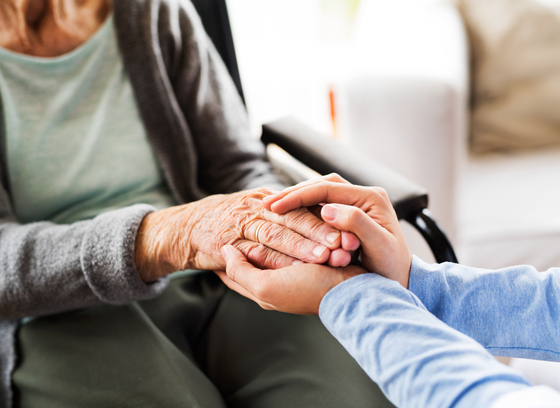
Resources
Ways YOU can Take a Stand Against Abuse
Take a Stand Against Elder Abuse
Elder abuse affects hundreds of thousands of people each year, yet just one in 24 cases is brought to the attention of authorities. Individuals with a cognitive impairment or Alzheimer's Disease are particularly vulnerable. Elder victims tend to be the most isolated of all victims of family violence; they are likely to have fewer social connections to the community that would normally be an avenue of help.
Here are some things you can do to help:
- Stay connected. Check in regularly with older adult family members, friends and neighbors. Maintaining open communication builds trust and makes it easier for them to share any concerns or problems they may be facing.
- Educate yourself. Learn about the warning signs and types of elder abuse. Knowing what to look for can help you identify potential abuse early on and take appropriate action. The NCEA's reference guide, the Red Flags of Abuse can help (also available in Korean). The Eldercare Locator, a public service of the U.S. Administration on Aging, has compiled a list of 10 Warning Signs an Older Loved One May Need Assistance to help older adults, family members, and caregivers recognize when extra help is needed in the home.
- Promote independence. Respect the autonomy and independence of older adults. Encourage them to make their own decisions and support their ability to remain independent for as long as possible.
- Offer support. Offer assistance with taks such as grocery shopping, running errands or managing finances. Providing practical support can reduce the risk of elder abuse, especially financial exploitation.
- Be vigilant. Pay attention to changes in behavior, appearance or living conditions that may indicate abuse or neglect. Trust your instincts and don't hesitate to intervene if you suspect something is wrong.
- Advocate for resources. Help older adults access resources and support services in the community, including helplines, support groups and legal assistance. These resources can provide valuable support and protetion against abuse.
- Report suspected abuse. If you suspect an older adult is being abused, report it to Adult Protective Services at 1-800-917-7383, 24 hours a day, seven days a week.
- Promote awareness. Raise elder abuse awareness and its impact on individuals and communities, and encourage others to take action and advocate for policies and programs that support the well-being of older adults.
Avoiding Medicare Fraud
Unfortunately, Medicare fraud offers new opportunities for con artists to steal money and personal information from unwary health care shoppers. Consumers need to be alert to offers of "help" that will instead damage their pocketbooks. Keep the following tips in mind to avoid becoming a victim of Medicare fraud.
- There are no "official" Medicare sales representatives. Private insurance companies sell Medigap and Medicare Advantage coverage plans. Insurance sellers cannot claim to be Medicare representatives, nor can they say they are endorsed by Medicare.
- Know who you are dealing with. If you decide to talk with an insurance agent, make sure the agent is licensed. Get the name and address of the agent and the insurance company and know how to contact them if you need help. Verify an agent's status by calling the Maryland Insurance Administration at 1-800-492-6116.
- Cold calling is prohibited. Private insurance agents cannot go door-to-door or call you at home, unless you've given them prior permission to do so. If you haven't requested the call, hang up. If you haven't requested a visit, don't invite them in.
- Resist pressure selling. If you decide to talk with an insurance agent, don't feel pressured to buy anything on the spot. If an agent tries to rush you, be suspicious! Tell the agent you need more time. Don't sign anything until you have read the document you are being asked to sign. Never sign a blank application form.
- Marketing is prohibited in places where health care is delivered and at educational events. Insurance agents cannot offer their products at doctors' offices, clinics, or pharmacy counters. While insurance agents can participate in educational events, they cannot directly enroll you in a plan at an event. If you meet an insurance agent at an event, don't sign a "request a contact form" unless you want someone to call you. Never provide personal information such as your Medicare number, Social Security number, bank account numbers, or credit card numbers.
- There is no such thing as a free lunch. Federal regulations prohibit offers of free meals for listening to a sales presentation or for signing up for a particular plan. Gifts can't have a value of more than $15.
- Overselling is prohibited. Insurance agents are prohibited from selling additional insurance products during a sales or marketing presentation of another. For example, if you request information on Medigap, an agent can't recommend a Medicare Advantage plan instead.
- Never pay with cash and always keep a record of what you buy. Always pay by check, money order, or credit card so you have a clear record of payment. Make checks payable only to the insurance company or insurance agency, not an individual agent. Insist on a receipt.
- Contact the experts. Howard County Office on Aging and Independence's State Health Insurance Assistance Program (SHIP) provides free, confidential and unbiased information by trained and certified counselors. Call SHIP at 410-313-7392 (voice/relay). If you have been approached by a salesperson who acted inappropriately or aggressively, or if you've been enrolled into an insurance plan against your will, call 1-800-MEDICARE and file a complaint. You can also file a grievance with the Maryland Insurance Administration at 1-800-492-6116 or contact SHIP at 410-313-7392.
How to Report Suspected Abuse
Elder abuse can occur in both community settings and healthcare settings, including nursing homes and assisted living facilities. If you suspect that you or someone you know may be experiencing abuse, help is available from the following agencies.
In the Community
Adult Protective Services, 1-800-91 PREVENT (1-800-917-7383)
Howard County Police Department, 9-1-1 (emergencies), 410-313-2200 (non-emergencies)
Nursing Homes and Assisted Living Facilities
Howard County Long-Term Care Ombudsman Program, 410-313-6423 (voice/relay) or email LTCOmbudsman@howardcountymd.gov,
Maryland Department of Aging Long-Term Care Ombudsman Program, 410-767-2161 (voice/relay)
Adult Protective Services for all cases in assisted living facilities, and financial exploitation ONLY in nursing homes. 1-800-91 PREVENT (1-800-917-7383)
Maryland Department of Health, Office of Health Care Quality, 410-402-8015 or 877-402-8218 or TTY 800-375-2258
Learn more about elder abuse & prevention
